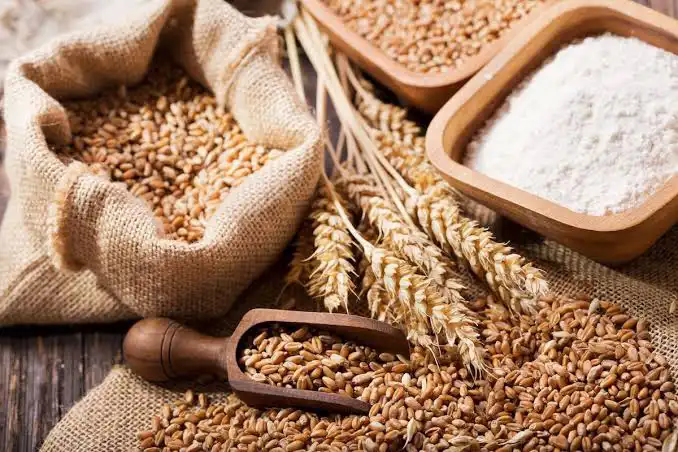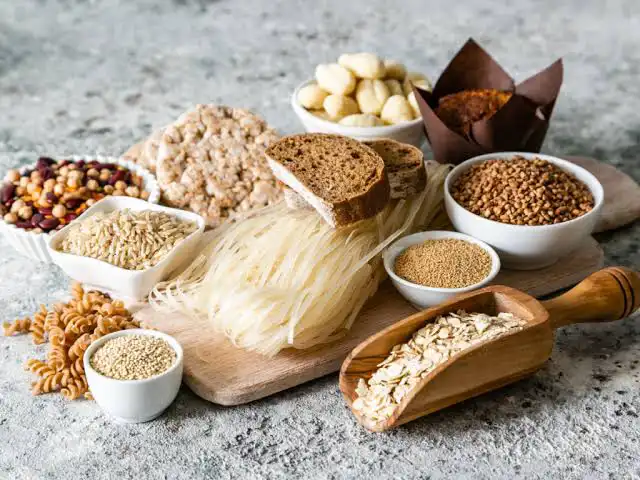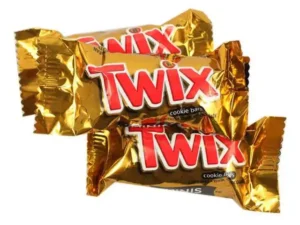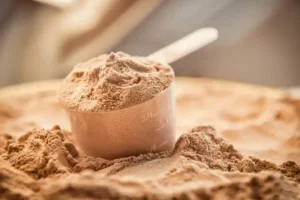Is Gluten Halal or Haram?

For Muslims, following a halal diet is essential to ensuring the food they consume aligns with Islamic teachings.
The term “halal” refers to what is permissible according to Islamic law, and this includes not only the type of food but also how it is processed and sourced. Gluten, a protein found in many grains, is widely used in baking and processed foods. But is gluten halal? The answer depends on its source and how it is handled during processing.
To be considered halal, gluten should be 100% plant-based, free from any impurities, and must not be mixed or contaminated with haram (forbidden) substances, such as pork or alcohol.
While gluten in its natural form, derived from grains like wheat, barley, and rye, is halal, the challenge comes in ensuring that the food products containing gluten have been prepared according to halal guidelines.
Is Gluten Halal?
Yes, gluten in its pure form is halal as it comes from plant-based grains. However, the challenge lies in how gluten is used and processed in various food products. To ensure a gluten-containing product is halal, it must be free from haram substances like pork or alcohol, and care must be taken to avoid cross-contamination during processing.
Understanding Gluten
To better understand whether gluten is halal, we must first look at what gluten actually is. Gluten is a mixture of proteins, specifically glutenin and gliadin, found in certain grains such as wheat, rye, and barley.
When these grains are milled into flour and mixed with water, gluten gives dough its elasticity and ability to rise, making it essential in baking.
Gluten is what makes bread chewy and gives baked goods their structure. Beyond baking, gluten is also used in processed foods as a thickening agent or stabilizer.
Products like soups, sauces, and even some candies may contain gluten, which highlights the importance of carefully examining whether these items are prepared in a halal manner.
READ ALSO: Is TWIX Halal or Haram?
The Importance of Halal Certification
One of the most critical aspects of determining whether a product containing gluten is halal lies in how the product is processed.
The presence of gluten in a product does not automatically mean it is halal or haram. Instead, the ingredients added to the gluten or the production process may introduce non-halal substances.
For instance, many bread and baked goods use fats, such as lard, which is derived from pork and thus haram. Likewise, gelatin, a common ingredient in processed foods, is often sourced from pork or non-halal slaughtered animals.
To avoid confusion, it is crucial to look for halal certification on gluten-containing products. This certification ensures that the entire process, from sourcing ingredients to production, meets the standards of Islamic dietary law.
Consumers should also take the time to read ingredient labels and be aware of additives that could compromise the halal status of a product.
Cross-Contamination and Hidden Ingredients
Another major issue when determining if a gluten-based product is halal is the risk of cross-contamination. In modern food production, many factories process multiple types of food on the same equipment.
Gluten-based products like bread or cereals may come into contact with haram ingredients such as pork derivatives or alcohol during production. Even if gluten itself is halal, cross-contamination with haram substances makes the final product impermissible for Muslims.
For example, certain cereals may contain gelatin, a substance that is frequently derived from pork, making the product haram despite the presence of gluten from wheat or barley.
A well-known example is “Lucky Charms” cereal, which contains pork-derived gelatin. In this case, a gluten-containing product that is halal by nature becomes haram because of the introduction of non-halal ingredients.

Gluten in the Sunnah of Prophet Muhammad (SAW)
Gluten-containing grains, particularly barley, were a staple in the diet of Prophet Muhammad (SAW). He (SAW) often consumed barley bread, which is naturally halal. In fact, it is well-documented that the Prophet (SAW) preferred simple and wholesome food, often pairing barley bread with nutritious items like dates, meat, or vegetables.
The consumption of barley bread has been praised for its health benefits, particularly for heart health, as it is more easily digestible compared to refined white flour.
The Sunnah teaches us the importance of consuming natural and simple foods, and when these foods are prepared according to halal standards, they are not only permissible but also beneficial for health.
Sahl bin Sad was asked, “Did Allah’s Apostle ever eat white flour?” He replied: “Allah’s Apostle never saw white flour [from the time] Allah sent him as an Apostle till He took him unto Him” (Sahih Bukhari). This reinforces the importance of eating natural and unprocessed foods, which are generally halal.
Common Gluten Sources
Gluten is found in several grains, the most common being wheat, barley, and rye. However, it is also present in various processed foods, where it may be combined with haram ingredients, making it imperative to scrutinize each product carefully.
- Wheat: Found in bread, pasta, cereals, soups, and baked goods. While wheat-based products are generally halal, certain additives like lard or non-halal gelatin can make them haram.
- Barley: Often used in food coloring, malt, and yeast products. Barley itself is halal, but its derivatives, like malt extract, may be used in products containing alcohol.
- Rye: Common in rye bread, some cereals, and even beer. Rye, like wheat and barley, is naturally halal, but the final product may not be if mixed with haram ingredients.
Each of these gluten sources, when processed naturally and without haram additives, remains halal. However, consumers must be aware of the production methods and ingredients used in the final product.
Are All Foods That Contain Gluten Halal?
The simple answer is no. While gluten itself is naturally halal, many foods that contain gluten may also contain haram ingredients, particularly in processed foods.
Pork by-products, lard, and alcohol are commonly added to various baked goods and processed foods. Gelatin is another ingredient that raises concerns, as it is often derived from pork.
However, not all gelatin is haram. For example, gelatin derived from fish or halal-slaughtered animals is permissible for Muslims. This makes it essential for consumers to carefully read ingredient labels and ensure that any gelatin in their food is from a halal source.
Conclusion
Muslims are encouraged to seek halal certification on processed foods and remain vigilant about reading ingredient labels. By staying informed and mindful of what we consume, we can ensure that the gluten-based products in our diet are both halal and wholesome.






